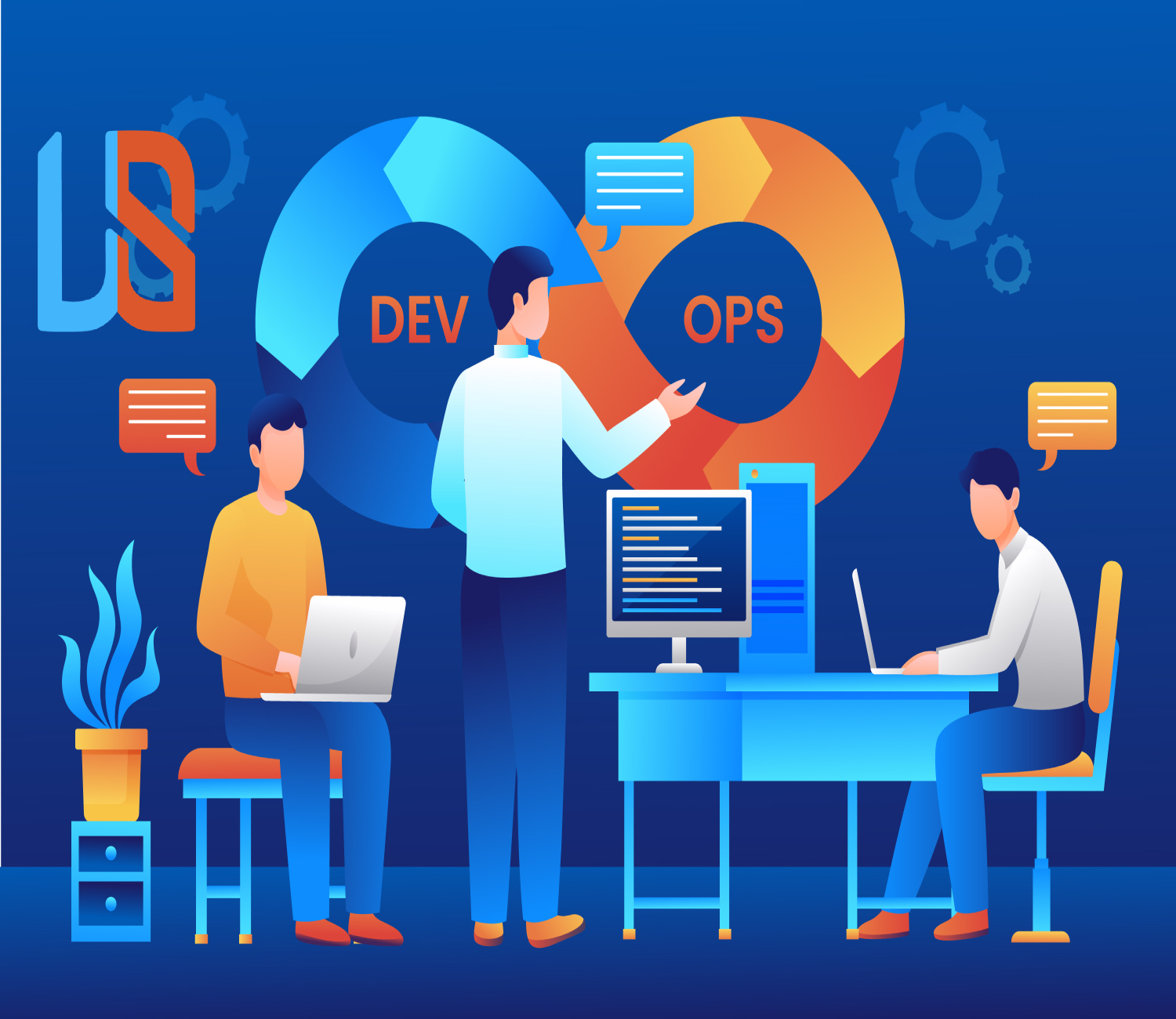
n the fast-paced world of software development, businesses are constantly seeking ways to accelerate the process of building applications and digital solutions. Low-code development platforms have emerged as a game-changer, empowering organizations to streamline development workflows, reduce reliance on traditional coding, and increase the speed of application delivery. This article explores the rise of low-code development platforms, their benefits, and their impact on the software development landscape
Understanding Low-Code Development
ow-code development refers to a visual development approach that allows users to create applications using graphical user interfaces and configuration tools rather than writing extensive lines of code. With low-code platforms, developers and even non-technical users can design, build, and deploy applications quickly and efficiently.
The Appeal of Low-Code Platforms
Accelerated Application Development
Low-code platforms significantly speed up the application development process. By leveraging pre-built components and visual drag-and-drop tools, developers can rapidly assemble application functionalities without having to write code from scratch. This acceleration translates to faster time-to-market for new solutions and updates.
Increased Productivity and Collaboration
With low-code development, developers can focus on higher-level tasks and strategic decision-making, while repetitive and mundane coding tasks are automated. Additionally, low-code platforms encourage collaboration between technical and non-technical stakeholders, allowing business users to actively participate in the development process.
Agile and Iterative Development
Low-code platforms embrace agile development principles, enabling iterative development and continuous improvement. Developers can quickly create prototypes and gather feedback from stakeholders, leading to faster refinements and enhancements.
Flexibility and Scalability
Low-code platforms offer flexibility to extend application capabilities by integrating with external services and APIs. This scalability enables organizations to adapt and evolve their applications as business needs change over tim
Empowering Citizen Developers
One of the most significant impacts of low-code development is the rise of citizen developers. Citizen developers are non-professional developers who use low-code platforms to create applications to solve specific business problems. These individuals, who might be business analysts or subject matter experts, can now actively contribute to digital transformation efforts, reducing the burden on the IT department.
Bridging the IT Skills Gap
The demand for skilled software developers often outstrips supply, leading to an IT skills gap in many organizations. Low-code development platforms help bridge this gap by enabling individuals with limited coding knowledge to participate in application development. This democratization of development resources makes it easier for businesses to build the applications they need to stay competitive.
Security and Governance Considerations
While low-code development offers numerous benefits, security and governance are critical considerations. IT teams must ensure that low-code applications meet security standards and comply with industry regulations. Robust access controls and monitoring mechanisms should be in place to prevent potential vulnerabilities.
The Future of Low-Code Development
The future of low-code development looks promising as platforms continue to evolve and mature. As technology advances, low-code platforms are likely to integrate more sophisticated AI and machine learning capabilities, further simplifying application development and enabling smarter automation.
FAQs
Low-code development is a visual development approach that allows users to create applications using graphical user interfaces and configuration tools, reducing the reliance on traditional coding.
The benefits of low-code development platforms include accelerated application development, increased productivity and collaboration, agile and iterative development, flexibility and scalability.
Citizen developers are non-professional developers who use low-code platforms to create applications to solve specific business problems, such as business analysts or subject matter experts.
Low-code development platforms enable individuals with limited coding knowledge to participate in application development, bridging the IT skills gap and reducing the burden on the IT department.
The future of low-code development looks promising, with platforms expected to integrate more sophisticated AI and machine learning capabilities, further simplifying application development and enabling smarter automation.
Conclusion
Low-code platforms have transformed software development, democratizing application creation and empowering organizations to innovate rapidly. They offer accelerated development, enhanced collaboration, and the potential to bridge the IT skills gap, reshaping the software development landscape. As businesses seek faster and more efficient digital solutions, low-code development will play a significant role in the future of application development.





